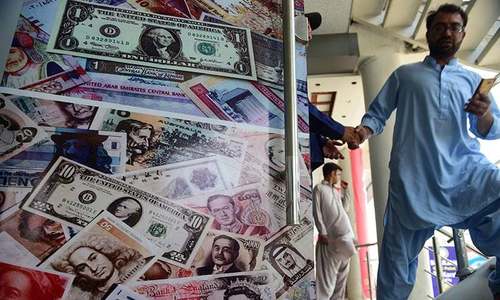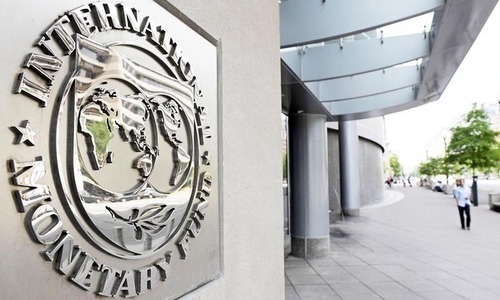KARACHI: Pakistan Business Council (PBC) has launched 100-day economic agenda for the upcoming government.
PBC Chief Executive Ehsan Malik said relying on short-term loans is not sustainable and an IMF programme is inevitable. The opposition and the government must take this opportunity to work together to revive domestic manufacturing.
He said short-term solutions aim only at “managing” a crisis, whereas what the country needs is to “fix” the economy by addressing the fundamental flaws that result in us having to go to the IMF every 2-3 years.
Ehsan said the aims of reviving manufacturing are clear. Pakistan needs 2-3 million jobs annually and country’s exports should be of value-added products instead of commodities and we must take control and encourage import substitution. A country of over 200 million people has the scale to be competitive.
Trade agreements, exchange rates, energy cost and the bias in favor of imports which undermines local manufacturing, need to be addressed, he added.PBC CEO said urgent investment is required to augment water for drinking, domestic and industrial use. This need is acute in all major urban areas of the country including Karachi where solutions such as desalination need to be acted upon immediately.
He said there is a need to provide complete transparency of costs, benefits and financial flows associated with CPEC projects besides ensuring CPEC Special Economic Zone concessions do not hurt existing industry and deliver incrementally to employment, export earnings and import substitution.
Under a high level body led by the Prime Minister and with private sector representation, there is a need to conduct a comprehensive scan of key policies of all ministries which impact the economy; finance, commerce, textiles, industries, power, labor and of the provinces in taxation, education and agriculture.
He said trade agreements must seek to maximize job creation through value added exports and by facilitating import of raw materials, lead to substitution of imported finished goods.
The FTA with China should be renegotiated to achieve the above objective and to stem the large trade deficit. Parity with ASEAN on Pakistani goods and encouraging more value addition in Pakistan instead of exporting finished goods would be two deliverables.
Ehsan said trade agreements with Turkey, Thailand and others should not be pursued at the expense of local jobs.
He said the task to document the economy must be accelerated through clever use of available databases.
Tax policy making should be separated from tax collection to discourage knee-jerk short term revenue measures over a long-term growth oriented fiscal policy.
Corporate tax rates should decline gradually to 25 per cent including all social levies. Sales tax rate of 17pc is also too high for a poorly documented economy.
Published in Dawn, July 10th, 2018















































